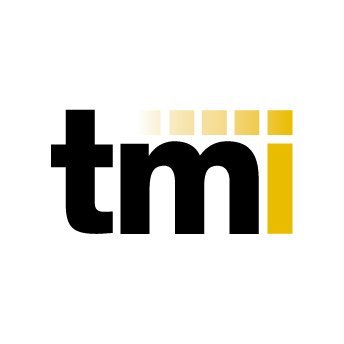Based on our ongoing dialogue with existing and potential CoorpID customers, we have identified five KYC challenges that financial institutions (FIs) are facing today. In this series of articles, we aim to break them down one by one. In our latest piece, we take a look at the regulatory challenges that KYC teams have to manage.
Regulations, particularly when they concern financial matters, are there for a reason. They provide a safeguard against the kinds of irregularities and mismanagement that may cause business failure or individual bankruptcy.
But when it comes to Know Your Customer (KYC) compliance, there is a growing belief that an overzealous regulatory environment is creating challenges for businesses. What’s more, these challenges only appear to be growing in scale. As KYC regulations rapidly shift and become ever-more stringent, FIs are left facing a serious quandary. The implications of non-compliance with KYC regulations are severe but the financial cost of meeting them is significant too.
A long history
Anti-money laundering (AML) policies at the national level can trace their roots back to the 1970s. US Congress passed the Bank Secrecy Act in 1970, setting out record-keeping requirements for FIs. Slowly but surely, other jurisdictions issued their own AML regulations, with the European Union adopting its own anti-money laundering directive (AMLD) in 1991.
The stated aims of the EU’s AMLD regulations were undoubtedly positive ones – to prevent fraudsters from taking advantage of the free movement of capital in the internal market and to harmonise AML efforts across the bloc. However, subsequent AMLD regulations have created issues for FIs.
Primarily, the challenge lies in being able to keep up with the pace and extent of regulatory changes. Since 2015, for instance, the EU has issued its fourth, fifth, and sixth AMLDs. It is expected that the seventh will not be far away. This has led to FIs being forced into highly fragmented KYC processes – especially when other jurisdictions are taken into account. It is little surprise that regulation is cited by FIs as the biggest perceived external compliance cost driver – even more so than the financial crime itself.
Recent developments
As FIs have grappled with shifting regulatory requirements, one of the most important recent developments saw the implementation of the EU’s 6th Anti-Money Laundering Directive (6AMLD), which came into force in June 2021. As evidence of the importance of regulatory evolution, 6AMLD was launched, at least in part, as a response to several money laundering scandals that rocked the EU’s financial system and led to questions about the bloc’s existing compliance standards.
But increasingly stringent AML standards are also causing FIs and KYC teams to face ever-growing pressure around compliance. FIs that lack the resources to meet new regulatory standards could face substantial penalties, as well as the kind of reputational damage that will not be easily remedied. One way that FIs can meet the challenges of a shifting regulatory environment is to ensure their KYC processes are sufficiently agile. Another is to leverage the kind of regtech tools that can codify, streamline, and even automate processes. This will mean that FIs need to expend fewer resources to achieve compliance.
How ensure FIs are regulation ready
FIs cannot control external regulatory requirements. Whichever jurisdiction they do business in – and this may be more than one – KYC standards may be demanding and subject to change. But this doesn’t mean that meeting them is an impossible task.
Digital solutions like CoorpID greatly simplify the KYC process for FIs. CoorpID allows banks to track the status of their KYC requests, collaborate with clients easily, and share documents securely. By minimising the regulatory burden, CoorpID allows KYC teams to focus on the surrounding regulatory landscape. It streamlines the KYC process, so FIs aren’t left in fear of the next regulatory shift; they’re ready for it.
“In the long-term, CoorpID gives me more structure around our entities and all the KYC requests related to it” – CoorpID Real Estate client“
KYC regulations may be evolving at a rapid rate but FIs must be ready for the next piece of legislation. It is the only way to future-proof your KYC strategy. Fortunately, CoorpID provides an average timesaving of 25% per KYC review – freeing up your KYC analysts to meet each and every regulatory shift as it happens.


